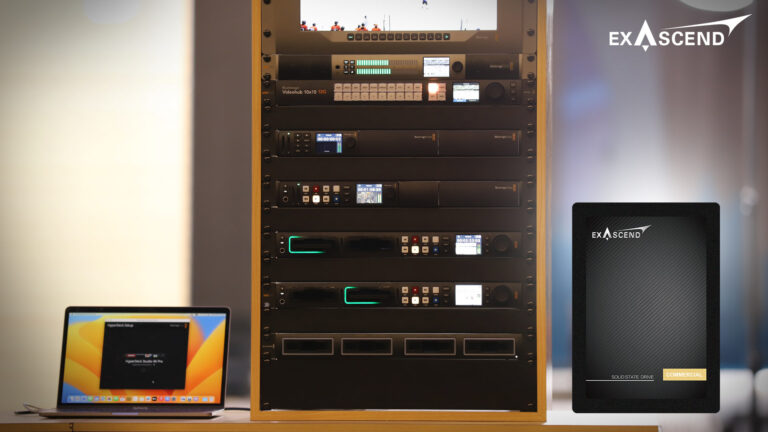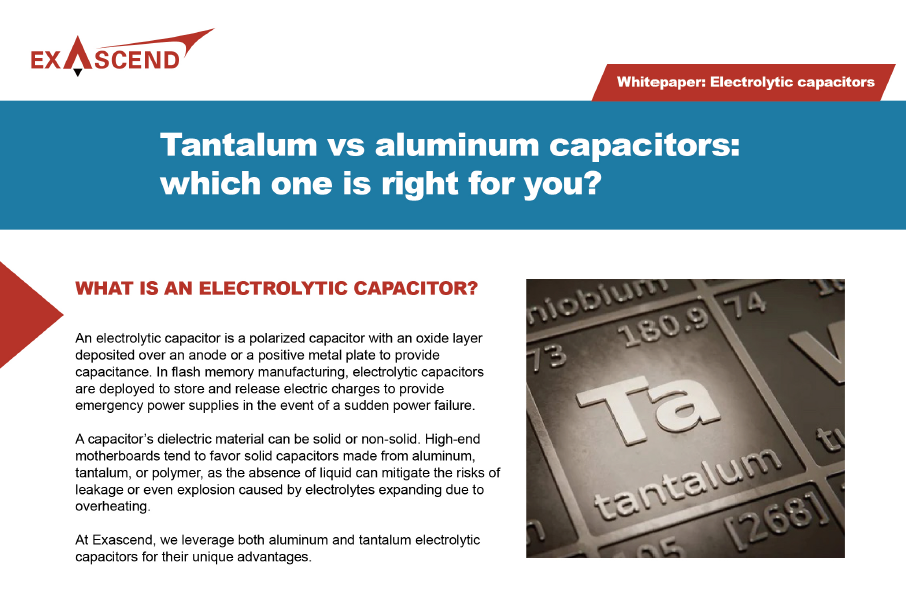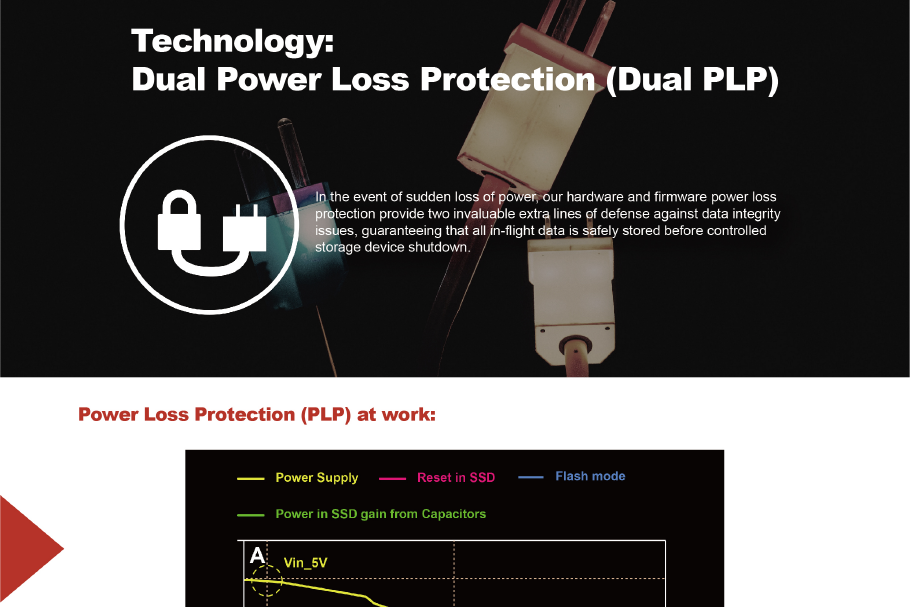In industrial settings, safeguarding data is a paramount concern. Self-encrypting drives (SEDs) offer an additional layer of security by automatically encrypting stored data, effectively protecting sensitive information from unauthorized access. However, choosing the right SED for industrial use requires careful consideration. In this blog post, we will delve into the critical factors to bear in mind when selecting a self-encrypting drive for industrial applications.
Security Features
When choosing an SED for industrial use, prioritize security features that meet industry standards. Look for drives that support strong encryption algorithms such as Advanced Encryption Standard (AES) with 256-bit encryption, which provides robust protection for your data. Verify if the SED adheres to trusted security standards like Trusted Computing Group’s (TCG) Opal and Enterprise specifications, as they define the requirements for secure storage devices.
Besides industrial-defined standards and specifications, some SEDs might come with add-on features providing extra layers to safeguard your data. For example, Exascend provides firmware encryption featuring a tamper-proof cryptographic signature, to mitigate risks of any unauthorized firmware tampering. We also offer data sanitization options, including software- and hardware-trigger data erasure, ensuring advanced data security.
Authentication Methods
Consider the authentication methods supported by the SED. Look for drives that offer multiple options such as password-based authentication, hardware-based authentication (e.g., through a Trusted Platform Module or TPM), or integration with a centralized authentication system like Active Directory. Having a variety of authentication methods allows for flexibility and can help align with your organization’s security policies.
Performance
Industrial applications often involve handling substantial data volumes, making performance a critical factor in maintaining productivity. Evaluate the SED’s read and write speeds, along with overall performance metrics such as latency and input/output operations per second (IOPS). Ensure that the SED’s encryption processes have minimal impact on its performance, as this could affect data transfer rates and application responsiveness. In general, SSDs utilizing a hardware-based encryption engine, such as Exascend’s, enable real-time encryption and decryption of data without compromising original SSD performance.
Compatibility and Integration
Consider the compatibility and integration aspects of the SED with your existing infrastructure. Ensure that the SED is compatible with the interface (e.g., SATA, SAS, or NVMe) and form factor (e.g., 2.5-inch, M.2) supported by your industrial systems. Additionally, verify if the SED is compatible with your preferred operating system and management tools. Seamless integration simplifies deployment and management, reducing potential complexities.
Endurance and Reliability
Industrial environments often involve challenging conditions, including temperature variations, vibrations, and high levels of dust and humidity. Look for SEDs designed for industrial use, as they are built to withstand these harsh conditions. Verify the drive’s endurance rating, usually expressed in Terabytes Written (TBW), to ensure it can handle the expected workload. Additionally, consider SEDs that come with advanced error correction and power loss protection mechanisms to enhance reliability.
Vendor Reputation and Support
Choosing a reputable and reliable vendor is essential when selecting an SED for industrial applications. Research the vendor’s track record in the industry and their commitment to security and quality. Look for vendors with a history of providing robust encryption solutions and a reputation for excellent customer support. Consider factors such as warranty policies, firmware updates, and timely technical support, as they contribute to long-term satisfaction and system stability.
Furthermore, it’s worth noting that manufacturers are typically obligated to furnish validation reports to demonstrate SED compliance. For instance, compliance with standards like TCG/Opal often requires the provision of Ulink test reports as evidence, a requirement that Exascend SSD readily fulfills.
Compliance with Industry Standards
Industrial applications often operate within specific regulatory frameworks that require compliance with industry standards. Ensure that the SED meets relevant industry regulations, such as the General Data Protection Regulation (GDPR), the Health Insurance Portability and Accountability Act (HIPAA), or the Payment Card Industry Data Security Standard (PCI DSS), depending on your specific industry requirements. Compliance ensures that your data protection practices align with legal and industry obligations.
Your Trusted Partner for Industrial-Grade SEDs
Data security is of paramount importance across industries, and Exascend is your trusted partner for industrial-grade self-encrypting drives (SEDs). Our SEDs provide a reliable solution, automatically encrypting data and meeting industry standards such as TCG Opal 2.0 compliance and AES-256 encryption. With in-house hardware and firmware capabilities, as well as support for industry-wide device interoperability, our SEDs can be seamlessly integrated into various applications, ensuring the confidentiality of your valuable data.
Contact us today to understand how Exascend SEDs can ensure the confidentiality of your valuable data in industrial environments.






